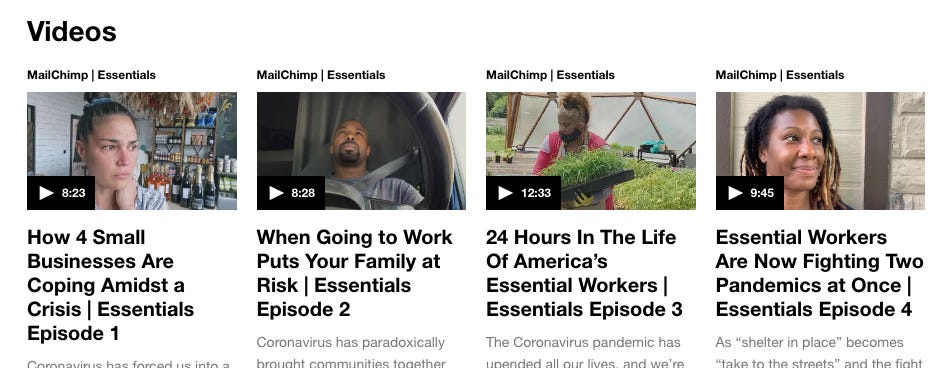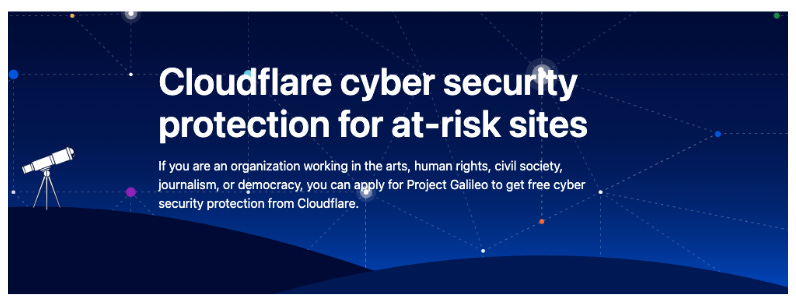Write Drunk, Edit Sober: unlock mission-driven marketing with authentic, purposeful messaging
Why is it that some brands make an unforgettable mark while others fade away?
This year, when I started marketing consulting, I began helping co-founders at early-stage B2B SaaS startups with their go-to-market efforts. Many of them faced challenges in crafting clear messages that stood out in a saturated market.
Powerful marketing embeds a deep-seated purpose and narrative into your story, going beyond the functions and benefits of a product. Using your underlying mission to create a powerful narrative will allow you to engage with a broader range of topics and increase your share of voice in your domain.
While your product may not be unique in the problems that it solves, your mission is truly your own. So how can you frame your mission within the context of your marketing? This article offers an approach to unlock mission-driven marketing with authentic, purposeful messaging that can stand out in a noisy environment.
Separating Art from Science
Marketing is often referred to as both an art and a science - distinguishing the creativity required to craft compelling marketing (the art) and the precision needed to effectively execute campaigns (the science). "Write Drunk, Edit Sober," serves as a metaphor reinforcing this point - both unrestrained creativity and meticulous refinement is required to produce high quality creative work. "Write Drunk, Edit Sober," encourages separating these two modes to allow creativity, uninhibited by constraints. Let's explore how we can apply this concept to our marketing work.
I recently found inspiration from an essay by philosopher Peter Singer, "Famine, Affluence and Morality". The essay suggests that those with the means to solve a dire problem have a moral obligation to do so. I am not suggesting comparing business solutions to saving lives. Rather, the core sentiment can be tailored to create a narrative: understanding the deep pain a problem inflicts and your unique position to alleviate it.
Why You, Why Now
Let’s consider a hypothetical example within the realm of cybersecurity. Modern cybersecurity tools collect and analyze data from various sources to help security teams detect and block attacks. While these tools help security teams do their job better, the story doesn't end there. It extends to real-world ramifications—a data breach's cascading effects, the potential harm to innocent individuals, and the ensuing chaos. Tapping into the larger narratives of security breaches offers a richer tapestry of topics and discussions, establishing authority and increasing share of voice in a domain while elevating the message on a visceral level.
To articulate your company's mission, get into the moral urgency of the issue. Instead of claiming superiority over competitors, express that you're addressing the problem because no one else is willing to. Present it as your moral obligation. By framing your story through Singer's "Famine, Affluence and Morality" lens, you elevate your ability to make a difference. While you may fall short in certain technical aspects compared to larger competitors, you project an altruistic purpose, offering a north star for your journey.
Singer's essay on the straightforward moral obligation was controversial amongst his peers, but the controversy helped to expose his work to a wider audience. Similarly, attempting to portray your company's activities as being motivated by moral obligation may lead to welcomed debate, but it also runs the risk of being perceived as grandiose. Let’s consider two real world examples on how you can calibrate your approach.
Mailchimp’s “Essentials”
In 2021, Mailchimp partnered with VICE Media to produce "Essential," a docuseries of short films, series, and podcasts. These projects focused on a pressing concern for many of their customers: the challenges small businesses encountered during the Covid-19 pandemic. At its heart, Mailchimp is a marketing automation platform for businesses. By addressing their customers’ bigger issues, and offering a free usage tier, "Essentials" portrayed Mailchimp as a solution to the challenges businesses faced. Whether "Essential" was merely capitalizing on the pandemic is a matter of opinion. While the campaign's success is not definitively known, Fourth-quarter Fiscal 2023 Conference Call Remarks by Intuit (Mailchimp’s parent company) suggest that the company is still thriving.
Cloudflare’s Project Galileo
In 2014, Cloudflare launched Project Galileo, a program designed to offer free, enterprise-grade cybersecurity to vulnerable public interest groups, including artists, humanitarian bodies, and political dissenters. The project was born from the desire to champion free speech, emphasizing the democratization of enterprise-grade cybersecurity. However, with nearly 8 million websites under Cloudflare's protective wing, some controversial entities have also benefited, sparking criticism against the company. Yet, given the company's substantial growth pre- and post-IPO, it seems the risk was worth the reward.
Final Thoughts
Marketing is noisier than ever. Without a compelling narrative, even exceptional products can go unnoticed and companies risk falling into obscurity. By weaving a purpose-driven story into marketing strategies, brands transcend mere communication; they resonate. They cultivate genuine bonds with their audience, evolving from mere product suppliers to collaborators in a shared vision. In a world of fleeting attention, messaging with genuine purpose doesn't just seize attention—it can captivate hearts.




